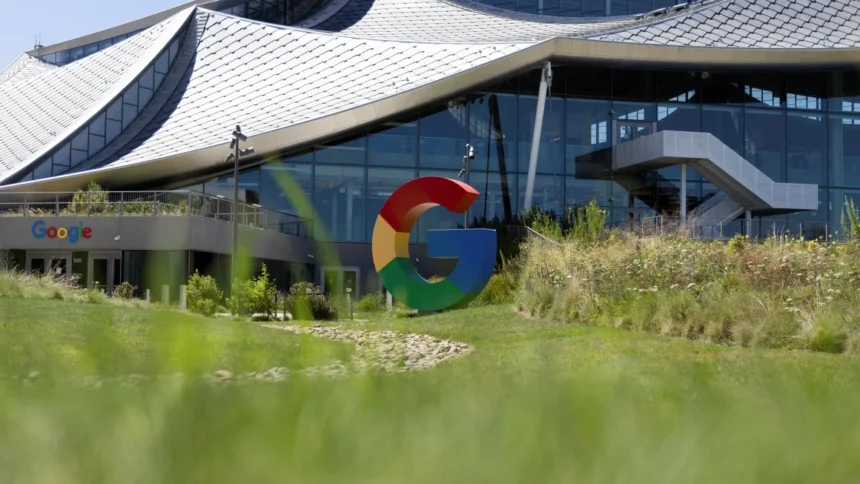A U.S. federal judge has ruled that Google unlawfully maintained a monopoly in the online advertising market, marking a significant victory for the Department of Justice (DOJ) and signalling potential upheaval for the tech giant’s multi-billion-dollar ad empire.
In a ruling issued Thursday, Judge Leonie Brinkema of the U.S. District Court for the Eastern District of Virginia found that Google leveraged its dominance in digital ad technology to stifle competition and consolidate power. The decision stems from a DOJ lawsuit targeting Google’s control over tools that connect publishers with advertisers—a business segment estimated to generate $31 billion annually.
The judgment follows growing antitrust scrutiny of Big Tech and marks the second major court ruling against Google in less than a year. In December 2023, a federal jury found that the company’s app store practices also violated competition laws. Together with Thursday’s ruling, these decisions highlight mounting legal challenges that could reshape Google’s business model and the broader online ecosystem.
Monopoly Maintained Through Ad Tech Integration
At the heart of the case was Google’s integration of its ad server with its publisher ad exchange, technologies that determine which banner ads appear on websites. The DOJ argued that this vertical integration created a conflict of interest, allowing Google to prefer its services while sidelining competitors.
Judge Brinkema agreed, stating in her 115-page decision that Google had “established and protected its monopoly power” by tying together these products. Her ruling supports the government’s claim that the company’s dominance deprived rivals of fair competition and ultimately harmed publishers and consumers.
However, the court dismissed another portion of the DOJ’s case concerning Google’s advertiser-side tools and certain acquisitions, including DoubleClick. Brinkema concluded that these actions did not, in themselves, constitute anticompetitive behaviour.
Google Responds, DOJ Silent
In a statement, Lee-Anne Mulholland, Google’s Vice President of Regulatory Affairs, acknowledged the mixed outcome.
“We won half of this case, and we will appeal the other half,” she said. “The Court found that our advertiser tools and acquisitions don’t harm competition. We disagree with the Court’s decision regarding our publisher tools. Publishers have many options and choose Google because our tools are simple, affordable, and effective.”
The Justice Department has not yet responded to requests for comment.
Google had previously argued that the DOJ’s case was misguided, as it risked undermining innovation, raising advertising costs, and harming small businesses. But the court found otherwise, with Brinkema writing that Google’s practices “substantially harmed Google’s publisher customers, the competitive process, and, ultimately, consumers of information on the open web.”
Broader Implications for Big Tech
This ruling is part of a broader regulatory push to rein in the power of dominant tech firms. In addition to the DOJ’s actions against Google, U.S. antitrust regulators have also launched major lawsuits against Meta, Apple, and Amazon. Earlier this week, Meta CEO Mark Zuckerberg testified in a separate case involving the FTC’s claims that the company acquired potential rivals to suppress competition.
Thursday’s ruling could result in the forced divestiture of parts of Google’s advertising business, pending appeals. Legal experts suggest that while enforcement actions could take years to resolve, the judgment marks a clear signal that U.S. courts are increasingly willing to challenge Silicon Valley’s market power.

















